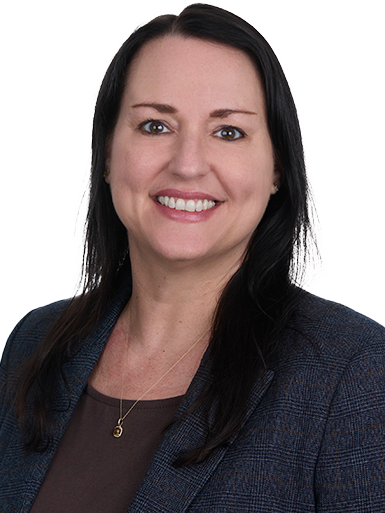2018 Year-End Tax Planning for Privately-Held Companies (Part 2) Webinar OnDemand
In 2018, tax planning is more complicated than usual. Most provisions of the massive Tax Cuts and Jobs Act (TCJA) go into effect this year, and as a result you likely will need to change at least some of your tax planning strategies.
In this Webinar, recorded live on October 23rd, 2018, AAFCPAs Richard Weiner, CPA, MST, Julie Chevalier, CPA, David Gravel, CPA, and David Consigli, Jr., CPA, ABV, CPVA, CDFA, provide business owners, executives, and their business advisors with an overview of some of the most significant Tax Cuts and Jobs Act (TCJA) changes and their potential impact on tax planning.
This OnDemand webinar covers:
- The impact of the TCJA on the new Sec. 199A deduction for qualified business income, also known as the “flow through deduction”
- The U.S. Supreme Court’s Wayfair Decision, and how it impacts state and local tax strategies
- Succession planning considerations, including: how the TCJA may impact your buy/sell agreement
- Q&A
Watch Webinar
Although you can’t avoid taxes, you can take steps to minimize them. AAFCPAs’ 2018 3-Part Tax Planning Webinar Series provides an overview of some of the most significant TCJA changes and their potential impact on tax planning. The combined impact of these changes will ultimately determine whether you see reduced taxes. It will also dictate which tax strategies will make sense for you this year, such as the best way to time income and expenses.
Learn more about Part 1 for Privately-held Companies, and Part 3 for Individuals and Families.



